News
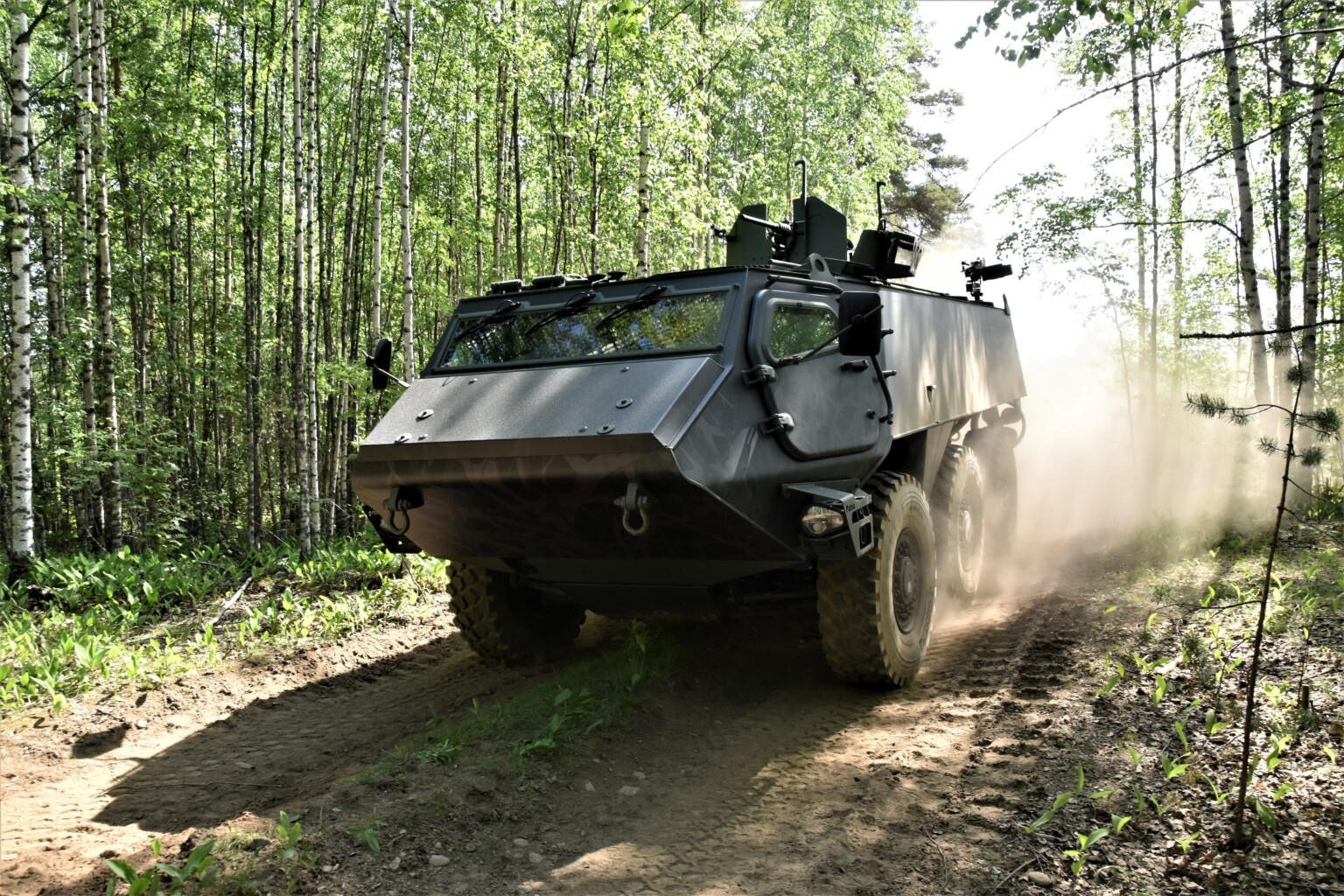
Enhancing Europe’s defence capabilities requires persistence
In February 2022, the war returned to Europe when Russia launched its aggressive invasion of Ukraine. Very rapidly, European security policy shifted and the grounds for the existence of the defence industry became clear to everyone. Now, over a year and a half later, Europe remains a continent at war, and it has become self-evident that any quick resolutions are not in sight. Ensuring the sovereignty of Ukraine will require persistent support.
The war has shown the need for interchangeable equipment and performance so that logistical support and maintenance can be provided more efficiently and reliably.
The war prompted European decision-makers to look at the security situation from a shared point of view. Countries have traditionally been very protectionist in their defence equipment procurements. The war has shown the need for interchangeable equipment and performance so that logistical support and maintenance can be provided more efficiently and reliably, which is particularly difficult to ensure in the midst of a war.
Despite joint European projects to enhance equipment acquisitions, national decision-making will continue to play a major role in the development of the defence industry due to the differences in the defence materiel situation in different countries. We should keep in mind that equipment acquisition processes typically take several years to complete, even if joint European projects would result in faster decision-making and efficiency.
The invasion of Ukraine is very much a frontline warfare, which had been considered an outdated concept. For decades, European security policy has been based on preparedness, particularly against information warfare and cyber threats. Finland has been one of the few exceptions in this regard – the country has maintained its capabilities even in times when many European countries were neglecting the development of their defence capabilities and materiel procurements.
Europe needs to make long-term plans in order to ensure a continuous flow of equipment to Ukraine.
Even if the war in Ukraine were to end today, we are facing decades of growing demand and efforts to enhance European preparedness. There has been a lot of discussion over the production capacity of the defence industry, but the relevant question is what the long-term orders are we should be preparing for. Europe needs to make long-term plans in order to ensure a continuous flow of equipment to Ukraine.
Esa Rautalinko is the President and CEO of Patria.
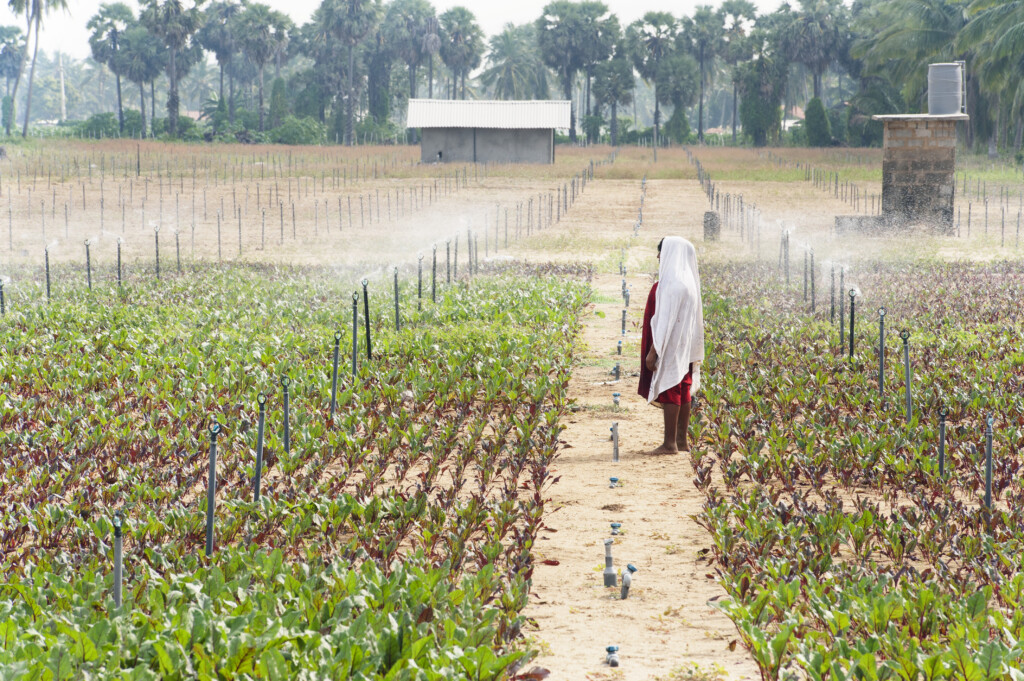
for HSF Blog
New Technologies Reshape the Geopolitics of Water and Climate
The geopolitical landscape of water and climate is changing due to innovation and technological evolution. How will it affect our...
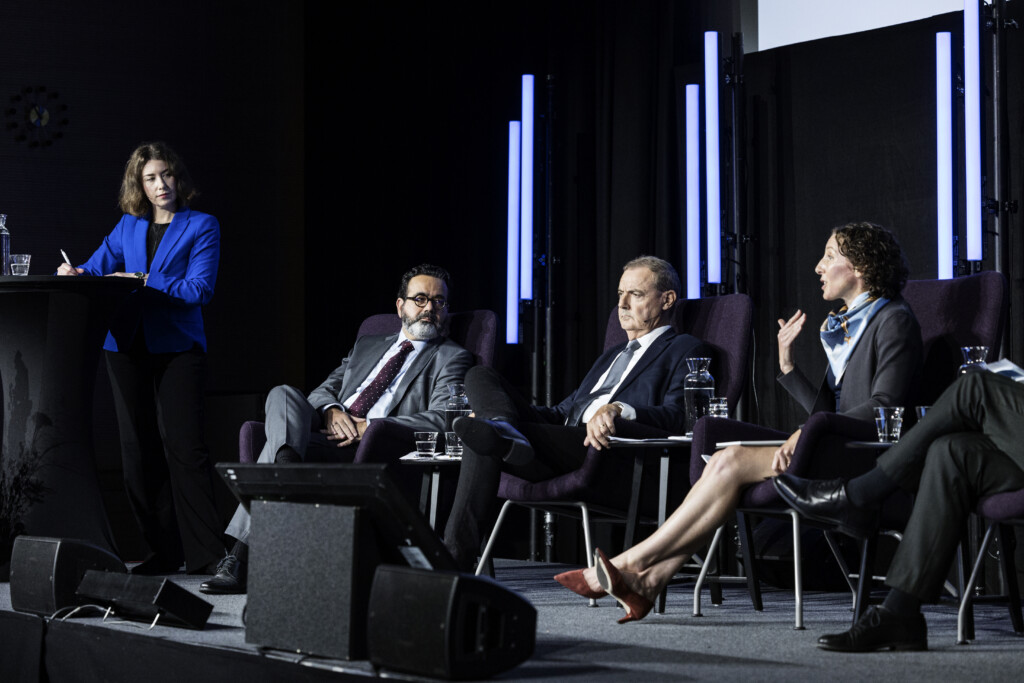
Session VI: Economic Security as National Security
The final session of HSF 2023 dived into the multifaceted world of economic security. Economic interdependence between countries is a...
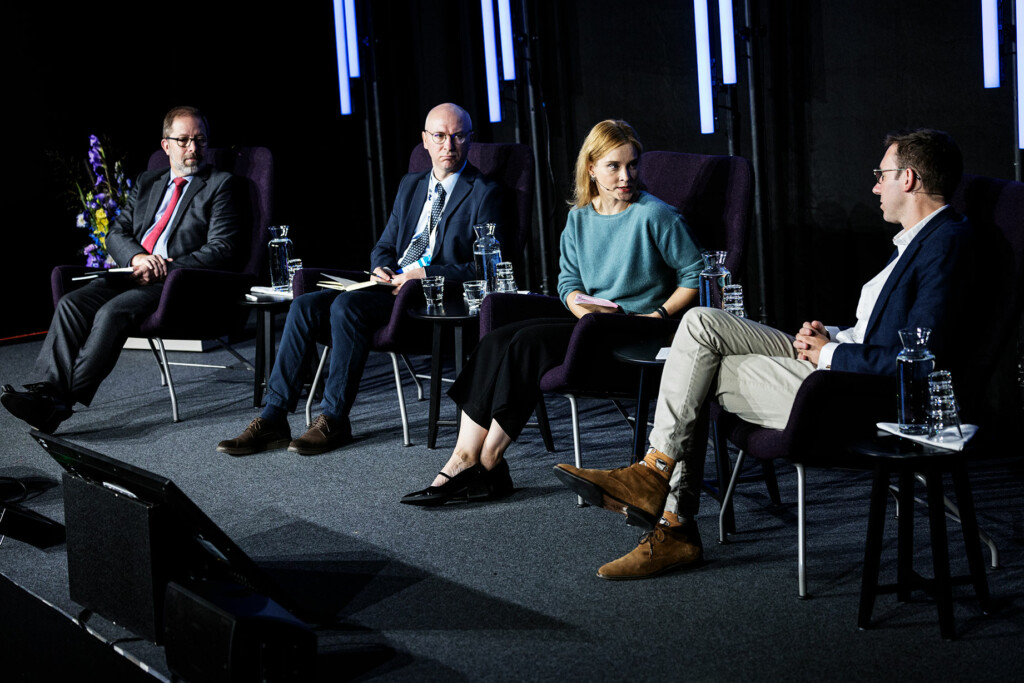
Session V: Rejecting Russian Spheres of Influence
Where and how must we reject Russian spheres of influence? The fifth panel of Helsinki Security Forum 2023 delved into...
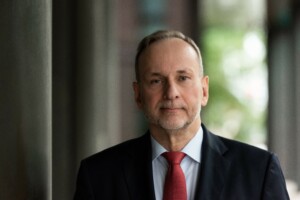
About the author
Esa Rautalinko
President and CEO of Patria
Esa Rautalinko is the CEO of defence and technology company Patria.